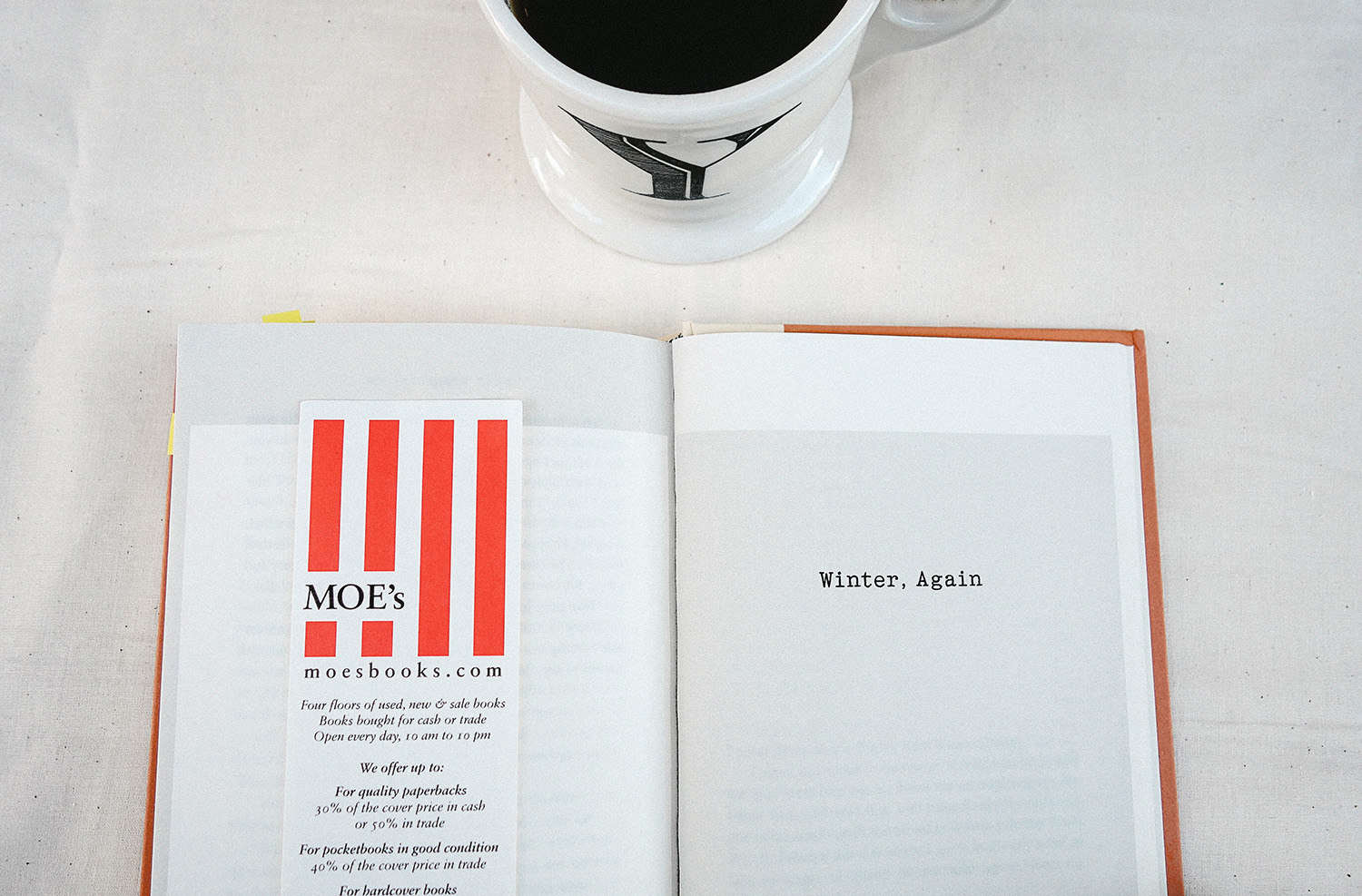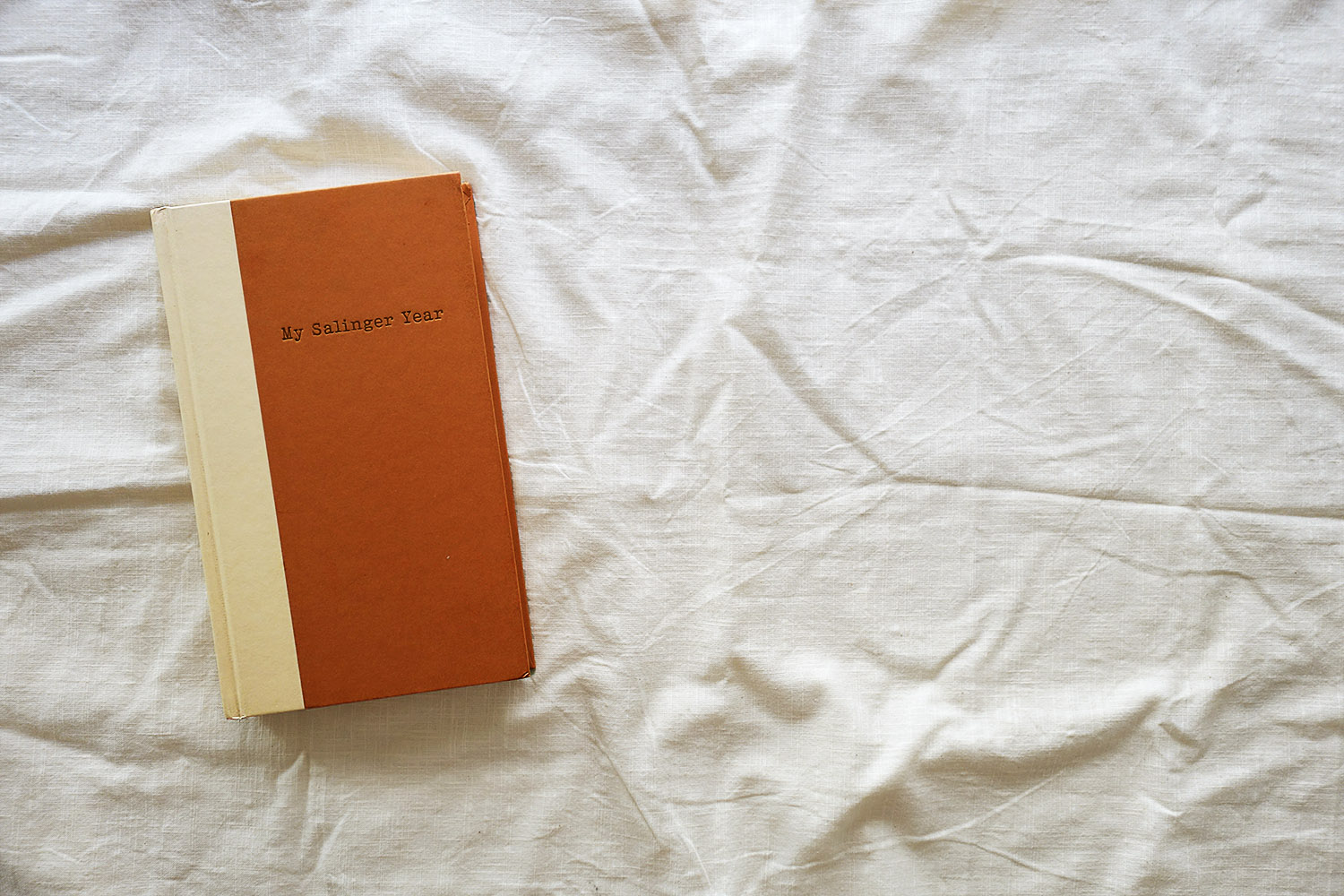
“Why didn’t Don consort with writers? Successful writers, published writers, or even simply ambitious, interesting writers, published or no? Why hadn’t he argued and bantered with the New Yorker editors? Why hadn’t he made them his friends? Forged alliances? Told them about his novel? Why hadn’t he talked about Gramsci or Proust with them? The answer sent a shiver through me: Don didn’t want friends who worked at The New Yorker. He didn’t want friends who dressed in creamy Brooks Brothers oxfords and college ties, friends who had health insurance and degrees from Harvard, friends who’d just published their first Talk of the Town pieces. He surrounded himself with fools — the broken, the failed or failing, the sad and confused — so that he might be their king. Which, obviously, made him nothing but the king of fools.”
My Salinger Year, p. 151
By Joanna Rakoff
Published 2014
By Joanna Rakoff
Published 2014

 My Salinger Year
My Salinger Year


